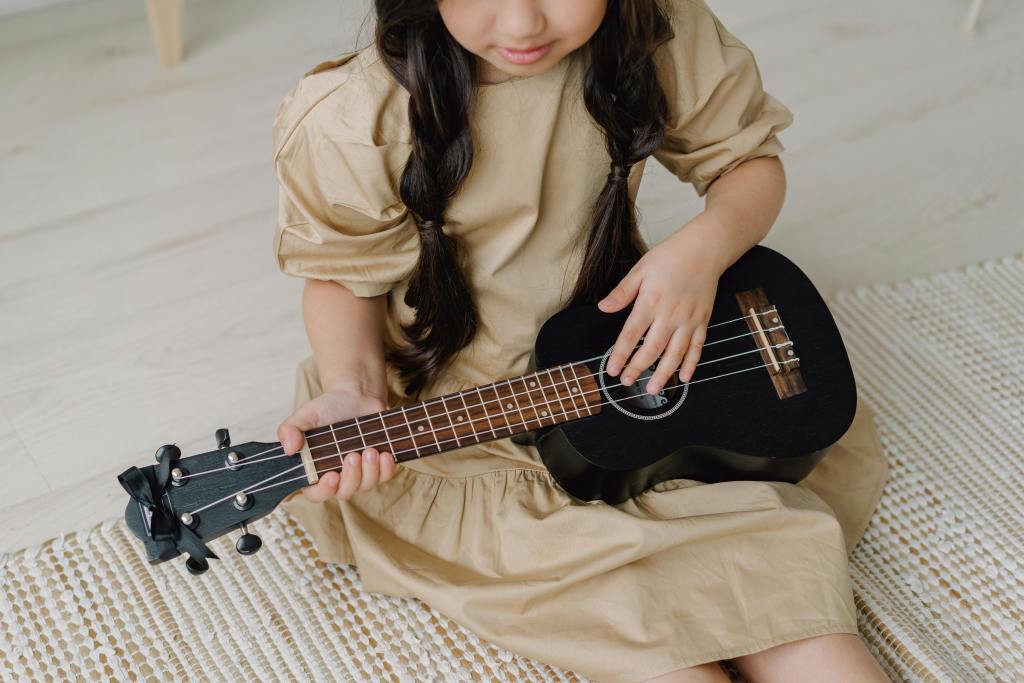
Montessori kindergarten marks the beginning of a child’s formal education journey. It is a time when children are exposed to a range of activities that promote holistic development. While academic subjects like math and language are crucial, extracurricular activities play a significant role in a child’s development. Kindergarten is an excellent time to begin learning to play an instrument because it fits well with many aspects of childhood development.
Early Exposure to Music
Private kindergarten offers a unique environment for early exposure to music and instruments. During these formative years, children are at their most receptive and curious. They have a natural inclination to explore the world around them, including the world of sounds and melodies. Learning to play a musical instrument can boost cognitive development at a stage when children are rapidly developing their memory, attention span, and problem-solving abilities. Music provides a powerful medium for emotional expression, concentration, and social development in an exciting and engaging way.
Challenges and Considerations
While there are clear advantages to introducing musical instruments in Montessori kindergarten, there are some challenges and considerations to consider:
- The choice of instrument should consider the child’s age, size, and temperament.
- Introducing a musical instrument should not come at the expense of these critical academic skills. It is essential to strike a balance between music and core subjects.
- Learning to play an instrument often requires parental involvement.
- Children should show a genuine interest in playing an instrument. Pushing a child into learning an instrument can lead to frustration and resistance.
- The goal should be to expose children to the world of music and instruments rather than putting excessive pressure on them to excel.
Finding the Right Balance
The key to successfully introducing musical instruments in private kindergarten lies in finding the right balance. Many private kindergartens offer music classes that typically introduce children to various musical instruments. Instrument exploration provides children with the opportunity to explore various instruments to find one that sparks their interest. Start with simple and age-appropriate instruments like xylophones, handbells, or recorders. These are easier for small hands to handle.
Early exposure to music offers numerous benefits, including cognitive development, emotional expression, improved concentration, and social skills. However, it is essential to foster a love for music and not impose undue pressure on young kindergarteners. The journey of learning to play an instrument should be a joyful and enriching experience that contributes to a child’s overall development.